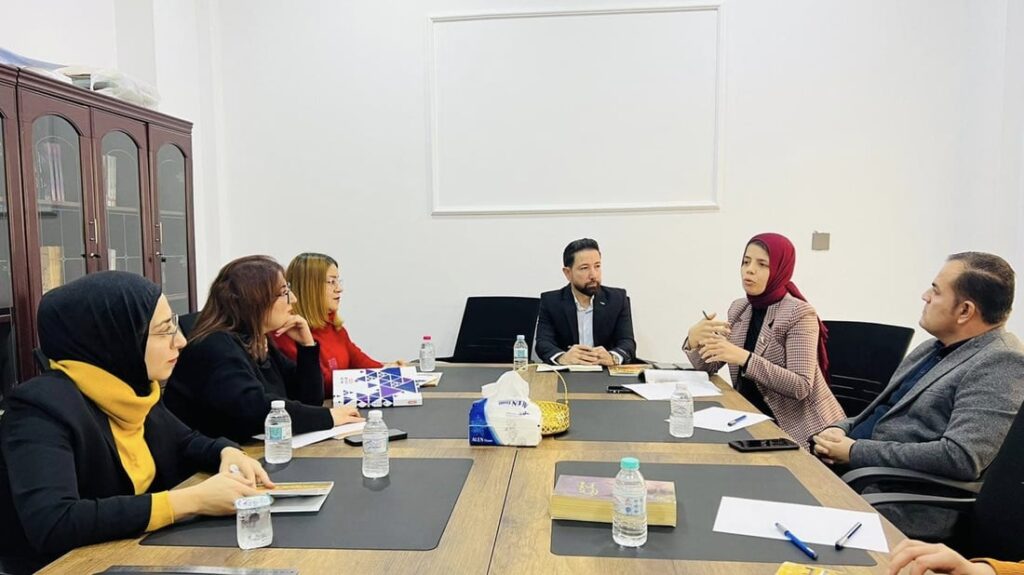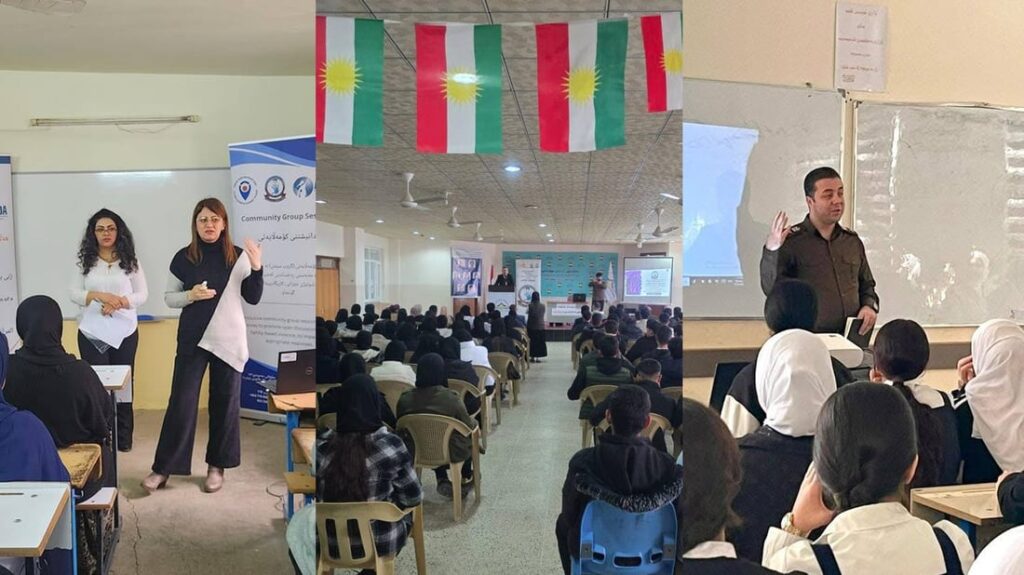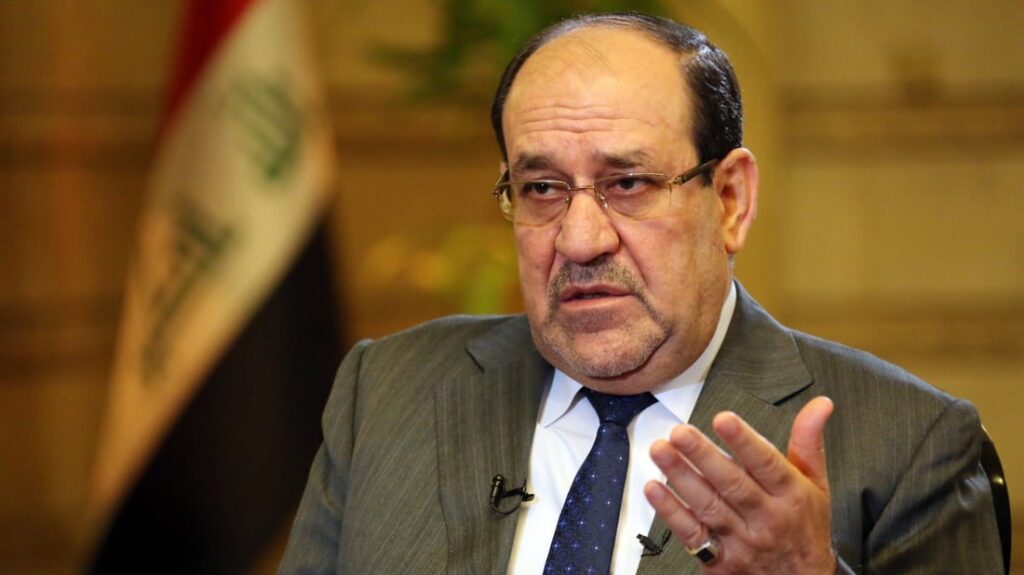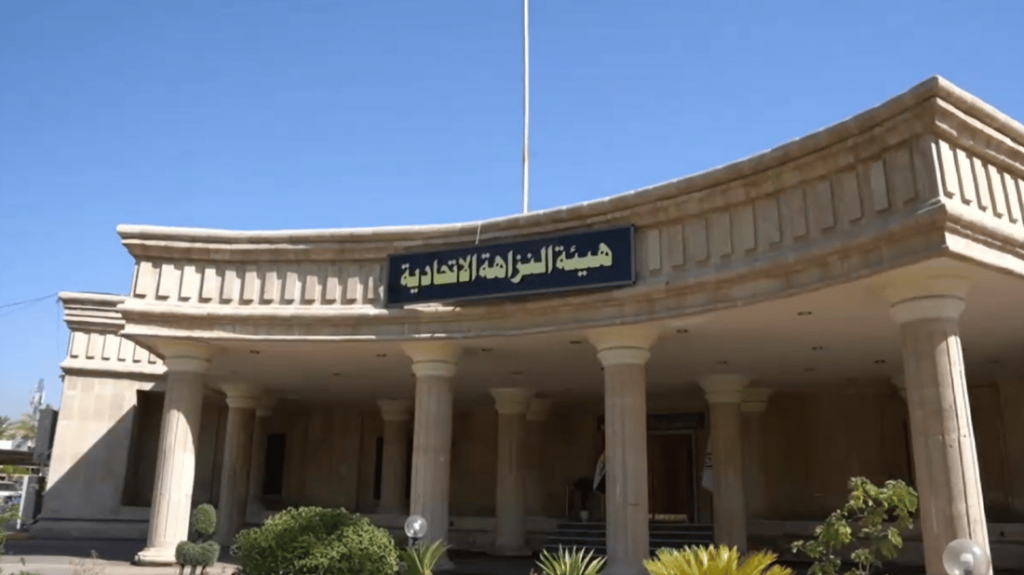World: Children’s rights progress in the Middle East and North Africa despite lasting inequality and conflict [EN/AR]
From Ted Chaiban, UNICEF Regional Director for the Middle East and North Africa ahead of 30 years since the Convention on the Rights of the Child
AMMAN, 17 November 2019 – “Thirty years since the Convention on the Rights of the Child was adopted, the Middle East and North Africa has seen notable progress in children’s rights, despite issues with governance, inequality, poverty and conflicts.
Through near-universal vaccination coverage, improved basic healthcare, water treatment and sanitation, most countries in the Middle East and North Africa have drastically reduced child mortality rates from 65 per 1,000 live births in 1990 to 21 today;
More children in the region are in school than ever before;
Despite being one of the most water-scarce regions on earth, over 90 per cent of children in the region now have basic access to safe drinking water and sanitation services;
Children and young people currently account for nearly half of the region’s population, presenting a unique opportunity for economic growth spurred by demographic change.
“Every country in the region has ratified the Convention on the Rights of the Child but progress for children has been uneven.
Disparities between and within countries continue, with children from poorer families or rural areas seeing the least progress;
Children in schools are not receiving quality education. Only half meet even the lowest international benchmark for basic skills in reading, writing, mathematics and science;
The region has the world’s highest youth unemployment rate in the world;
Four out of five children in every country in the region have experienced physical or psychological violence at home or at school;
25 million children in the region live in conflict situations;
Three quarters of all children in need of humanitarian assistance in the region live in conflict-affected countries;
Conflicts in Syria and Iraq have left tens of thousands of children from areas previously held by armed groups. These are among the most vulnerable children in the world.
While less than one third of people in the Middle East and North Africa are aware that the Convention on the Rights of the Child exists, the majority said that conditions for children’s rights have worsened in the past three years
"The 30th birthday of the Convention of the Rights of the Child makes an excellent opportunity for the Middle East and North Africa. It’s not a one off. It’s an opportunity for all governments, the private sector, the civil society and every single responsible individual around the region to do their share and take up their responsibility in making living in this region dignified, safe and prosperous for every boy and every girl.
“After all, children and young people in this region are asking for the very basics. They are asking for good education, for clean water, for electricity, for reliable internet connection, for clean cities and villages. They are asking for jobs, they are asking for their voices to be heard, they are asking for freedom from abuse and exploitation. In short, they are asking for “Karama”, to live in dignity. “Surely, this is a not a lot to ask and we all have an obligation to turn these asks into a reality”.





